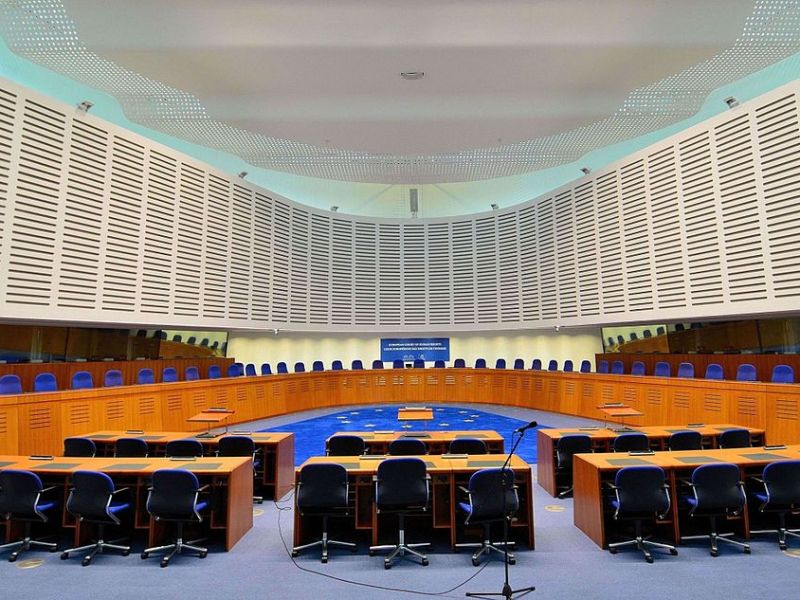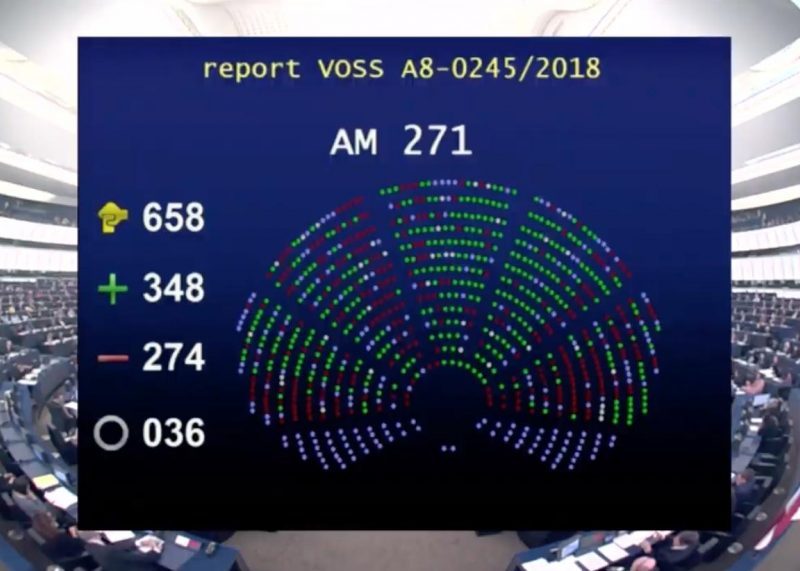
European Court of Human Rights has decided to expedite case on online censorship brought against the government of Turkey for blocking Wikipedia
The European Court of Human Rights (ECHR) has decided to expedite a case brought by the Wikimedia Foundation against the government of Turkey for blocking Wikipedia in the country. The case contends that the longstanding ban amounts to impermissible censorship and limits peoples’ fundamental rights to free expression and access to knowledge. The ban was….

Avrupa İnsan Hakları Mahkemesi, Vikipedi Engelinden Ötürü Türk hükûmetine karşı açılan Çevrimiçi Sansür Davasını Hızlandırmaya Karar Verdi.
Avrupa İnsan Hakları Mahkemesi (AİHM), Wikimedia Vakfı’nın ülkedeki Vikipedi’ye erişim engelinden ötürü Türk hükûmetine karşı açtığı bir davayı hızlandırmaya karar verdi. Davada, uzun zamandır devam eden yasağın kabul edilemez bir sansür boyutuna ulaştığı ve insanların ifade özgürlüğü ve bilgiye erişim temel haklarının sınırlandığı ileri sürülmekte. Erişim engeli Türk hükümeti tarafından Nisan 2017’de yürürlüğe kondu. Vikipedi’yi….

What would your life be like #WithoutWikipedia?
For more than two years, the people of Turkey have been unable to access or participate on Wikipedia—what Ege, a high school student in the country, calls the “source of the sources.” And they’re not the only ones affected. Without Wikipedia, the rest of the world is missing the voices, perspectives, and knowledge of Turkey’s….

We’re back in court opposing the NSA’s mass surveillance
On Thursday, 30 May, Wikimedia Foundation lawyers were in a courtroom in Alexandria, Virginia, to watch oral arguments in our ongoing case against the United States government’s mass surveillance practices. As our counsel from the American Civil Liberties Union (ACLU) rose to stand before the Judge, we rehearsed in our heads the arguments we knew….

Why we must all support policy that keeps the internet open and accessible
This week, the Wikimedia Foundation was invited to provide opening remarks for the third annual Global Conference of the Internet Jurisdiction and Policy Network in Berlin, Germany. This conference represents a place for civil society, platforms, elected representatives, policymakers, and other stakeholders to come together and discuss how we can manage tensions between competing national….

Wikimedia Foundation announces tenth transparency report
The Wikimedia Foundation has supported free access to the sum of all knowledge for nearly sixteen years. This longstanding vision would not be possible without the dedication of community members who contribute content to the Wikimedia projects. As a global platform for free knowledge, we are sometimes approached by governments and private parties with requests….

Wikimedia Foundation urges Chinese authorities to lift block of Wikipedia in China
The Wikimedia Foundation has determined that Wikipedia is no longer accessible in the People’s Republic of China—impacting more than 1.3 billion readers, students, professionals, researchers, and more who can no longer access this resource or share their knowledge and achievements with the world. We have not received notice or any indication as to why this….

A German court forced us to remove part of a Wikipedia article’s ‘history.’ Here’s what that means.
Three months ago, a German court ruled that part of a Wikipedia article—found to be defamatory in a previous court decision—had to be removed from both the article and its associated revision tracker, known as a “history” page. (History pages allow anyone to see how a Wikipedia article has developed since they were created, in….

Four things European legislators can do to not break the internet (again)
The European Union (EU) Commission’s proposal for a Regulation on preventing the dissemination of terrorist content online runs the risk of repeating many of the mistakes written into the copyright directive, envisioning technological solutions to a complex problem that could bring significant damage to user rights. The proposal includes a number of prescriptive rules that….

European Parliament limits internet freedom in controversial copyright vote
Today, the European Parliament voted 348–274 to pass a new copyright directive that includes problematic rules that will harm free knowledge. They did so after years of discussions, revisions, and more recently street protests. We believe that this is a disappointing outcome, the impacts of which will certainly be felt for years to come. As….